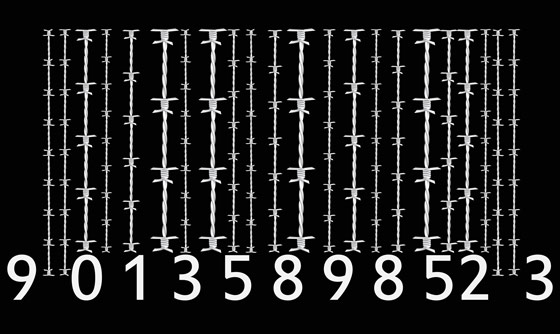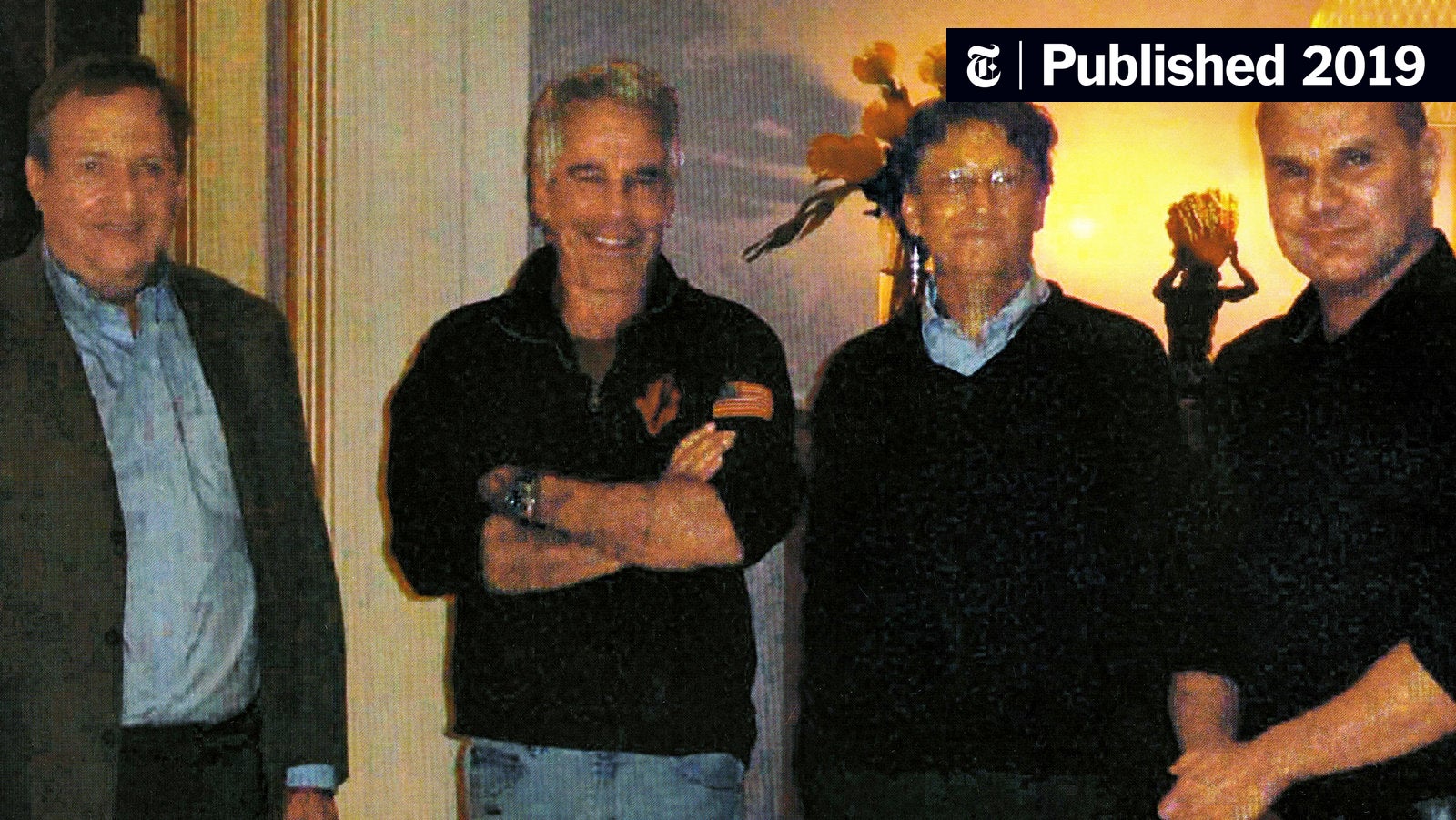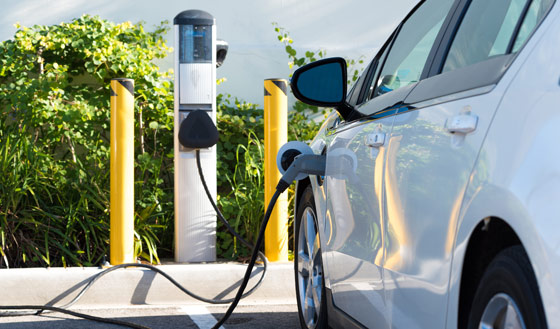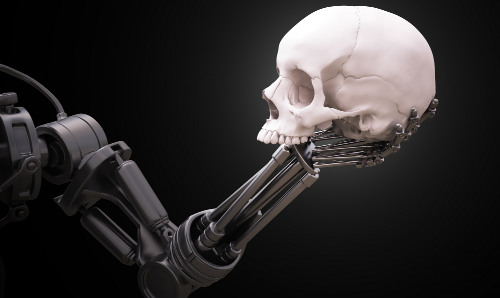This article was originally published by Michael Rectenwald at The Mises Institute.
As the author of Google Archipelago: The Digital Gulag and the Simulation of Freedom, I guess I should not be surprised to find myself squarely in the digital gulag—banished, perhaps permanently, from Twitter and Facebook. Twitter permanently suspended my account several weeks ago, mere days before Elon Musk took over the helm.
Although I cannot be sure, I may have been banned because I suggested that the transgender movement is part of a multipronged neo-Malthusian depopulation campaign. (Note that I said nothing to or about any transgender individuals and thus broke no “Twitter rules,” whatever they may be. I may have been mistaken, but surely being “correct” is not a condition for major social media use. Or is it? Of course it is.)
Now Facebook has demanded proof that I am who I say I am and has completely barred me from my account, which has been, at least temporarily, utterly erased from the site. I submitted a picture of my driver’s license, which Facebook rejected, and then a picture of my passport along with my license. I await Facebook’s response, which I read could take anywhere from forty-eight hours to forty-five days to arrive.
I am considering deleting my account, so I will lose thousands of followers and contact with many people with whom I’ve become friends. That’s how the digital gulag system works. One is sucked into social media networks, and then the social media networks have control over your connections, which they can sever on a whim.
Excuse me if I find the timing of my banishment somewhat curious since I have just written a new book on the global agenda of the Great Reset, with a foreword by Lew Rockwell, which is due to be released on Amazon in early January.
By now it should go without saying that the elements of Big Digital—the megadata services, the social media platforms, the artificial intelligence (AI) agents, the apps, and the developing internet of things, internet of bodies, digital identity, and central bank digital currencies (CBDCs)—are not only the products of monopolies or would-be monopolies but have also been incorporated by the state as apparatuses of a new corporate-state power.
With the ongoing publication of “the Twitter files” and other revelations, collusion between Big Digital and the state can no longer be credibly denied nor can data sharing and coordination among social media sites and Google. Google and Facebook track online and “offline” behavior (if “offline” can any longer be considered to exist) and essentially know everything imaginable about their users.
It is often suggested that this data is used exclusively for advertising purposes. But user data is also shared with the surveillance state, and this is far more troubling. Visited a verboten website? Imagine how the state might make use of such information.
One suggested solution is to go Galt—to seek a digital Galt’s Gulch and to remove oneself and thus one’s digital footprints, as much as possible, from Big Digital’s ambit. This is easy to say for those who do not rely on social media to promote their wares, but certainly, extrication from the totalitarian Googleplex is possible, at least in principle.
In fact, for many true dissidents, it will likely become inevitable. But what will it mean? Will Big Digital make survival outside of its reach impossible? When does the digital gulag become more than virtual? At what point does your life depend on Big Digital? Digital identity and CBDCs will seal many fates; one will either opt into the totalitarian regime or face the consequences of complete exclusion.











0 Comments